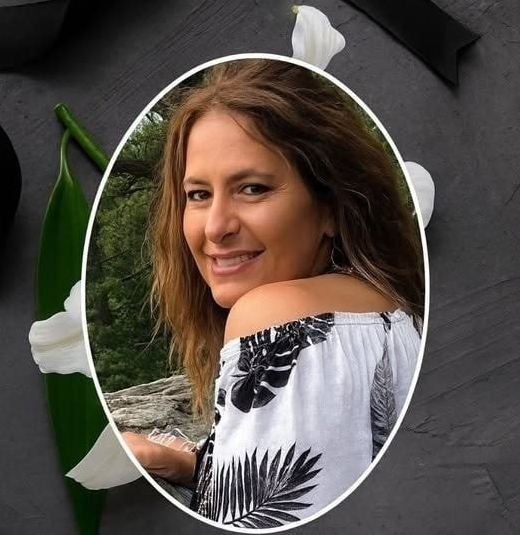The house was heavy with a silence that seemed to press down on every corner, thick and suffocating, the kind that settles after words have been thrown into the air like stones—words that can’t be unsaid, no matter how much you wish you could take them back. The son stormed into his room, slamming the door with such force that the framed photographs rattled against the walls, and a small vase teetered dangerously on the edge of the dresser. He felt betrayed, wounded in a way that only someone you love—someone whose trust and guidance shaped you—can hurt you. His mother had made a decision about his future without consulting him, thinking she was protecting him from mistakes or disappointment, but to him, it felt like she had robbed him of his voice, his agency, his right to choose.
In her own room, his mother sat quietly on the edge of her bed, the weight of the day pressing on her like a heavy blanket. She replayed the argument in her mind again and again, each memory sharper than the last. She had seen the fire in his eyes, the betrayal etched into every line of his face, the simmering frustration that had been building for months—if not years. She wished she could make him understand that her decisions were born from love, concern, and hope, not control or fear. But every time she had tried to explain, he had recoiled, pushing her further away, convinced that she didn’t trust him to navigate the world on his own.
The hours stretched long and heavy, the house echoing with nothing but their separate silences, each room a small universe of tension and unspoken emotions. He finally stepped out of his room, shoulders tense, still carrying the weight of his anger but exhausted from holding it so tightly. In the kitchen, he saw her sitting at the table, her posture slumped, her hands wrapped around a mug she hadn’t touched, her eyes downcast. Something inside him shifted—a tug of guilt, sharp and persistent. He had wanted to be heard, yes, and to have his independence respected, but he had never wanted to wound her. She was still his mother, the person who had held him when he was scared, guided him when he was lost, and loved him without condition.
She lifted her eyes slowly, red-rimmed and shimmering from tears she hadn’t fully shed, and whispered, barely audible, “Can we talk?”
And for the first time that day, he didn’t turn away. The anger remained, but it softened slightly, tempered by the unspoken bond they shared. Slowly, tentatively, they began to speak—not as a mother enforcing rules, and not as a son resisting guidance, but as two people searching for understanding. Words were measured, pauses lingered, emotions flitted across their faces in quiet flashes. He explained how he felt unheard, how he longed to make his own choices, even if they were imperfect. She spoke of her fears, her intentions, her love that sometimes manifested as overprotection.
Time stretched on, a slow dance of listening and responding, until the tension in the room shifted just enough that it felt lighter, almost fragile but hopeful. They were not yet whole, not yet reconciled, but the first threads of understanding began to weave between them. For the first time that day, they truly saw each other—not just as mother and son, but as two human beings trying to navigate the delicate balance between love, independence, and trust.
